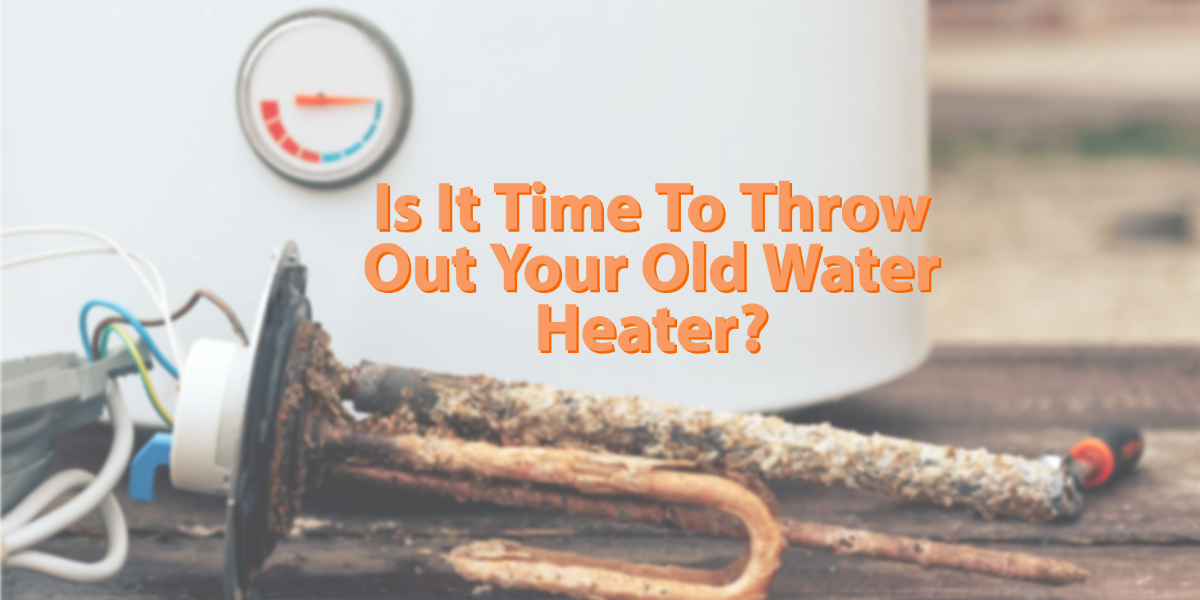Without your residential water heater, you wouldn’t be able to take showers, do dishes, wash dirty clothes, or do anything else that requires hot water. When you need water, your water heater works harder than you think behind the scenes to keep you comfortable. Unfortunately, water heaters that work too hard or for too long can lead to problems that may require professional attention. In this article, our plumbing professionals discuss common water heater problems and the best solutions to get your equipment up and running again.
Are You Experiencing Any Water Temperature Issues?
One of the most common problems water heaters experience is irregular water temperature. You could encounter three types of water temperature problems: water being too cold or hot but not hot enough. Below we explain the likely causes and how to address the situation:
- Water is too cold – There could be a number of causes for cold water running throughout your home, including a faulty heating element, a defective thermostat, or an insufficient power supply. You can self-diagnose the problem by resetting any blown fuses or tripped breakers. In the event that this doesn’t resolve the problem, you will want to verify that the power switches are on. As a last resort, if there is still no hot water, confirm that the thermostat is functioning properly.
- Water is too hot -If the water in your home is running too hot, more than likely, it’s an indicator that your thermostat setting is too high. To guarantee you’re experiencing the best-heated water while staying energy-efficient, the US Department of Energy recommends that the best temperature to set your thermostat for your water heater is 120 degrees Fahrenheit.
- Water is warm but isn’t hot enough – If the water in your home isn’t warm enough for you and your family, there is a possibility it is due to a faulty heating element, an undersized water heater, a defective thermostat, or crossed cold and hot connections. The easiest way to rule out crossed connections is to turn off the water supply and switch on a hot faucet. If the water from the hot tap still flows, you may have a crossed connection issue. Suppose that doesn’t seem to be the issue. In that case, we suggest getting in touch with your local plumbing contractor to evaluate whether your water heater is the correct size and to inspect your water heater’s heating elements thermostat.
What Is The Cause Of The Leaks In My Water Heater?
Unfortunately, leaks in your water heater can happen more than just on its tank. There could be multiple issues with your water heater, including:
1. Stuck valve
2. Improper water pressure
3. Bad gasket
4. Faulty temperature
5. Relief valve or loose heating element bolts
6. The water heater overheating
7. A leak from a nearby plumbing connection.
If you think one of these issues above may be the culprit, you should check for loose plumbing connections and heating element bolts and tighten them. However, if you continue to see a leak even after following these steps, we advise calling a professional to have a closer look at your water heater.
Does That Look Right? Discolored Water And How To Fix It
If your home’s running water is any color other than clear, especially if it is a rusty color, it may indicate decay inside your water heater. Usually, this is caused by a failing anode rod (a metal rod that runs down the center of your tank, usually made from magnesium, aluminum, or aluminum/zinc alloy) or an older water heater tank. However, getting input from your local plumbing contractor would be your best choice so that they can decide whether you need to replace the anode rod or install a new water heater.
Leave It To The Professionals
Whether you need a minor fix or to replace your water heater, it can be a big job. But, our plumbing professionals at Beavercreek Plumbing & Drain can handle all the work at competitive prices others can’t beat! Don’t believe us? Call us today at (937) 404-6575, or schedule an appointment online by clicking here! We are here to help when you need it the most!




